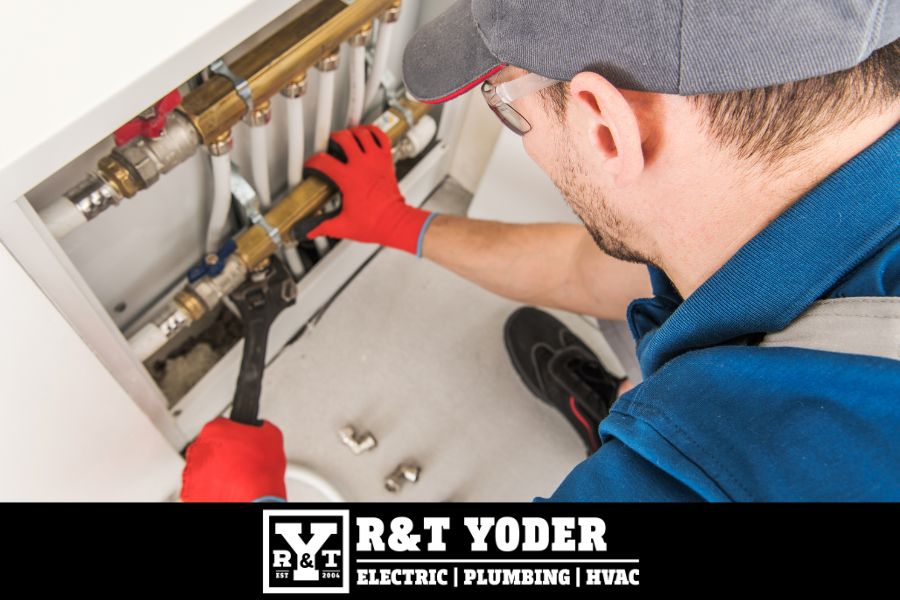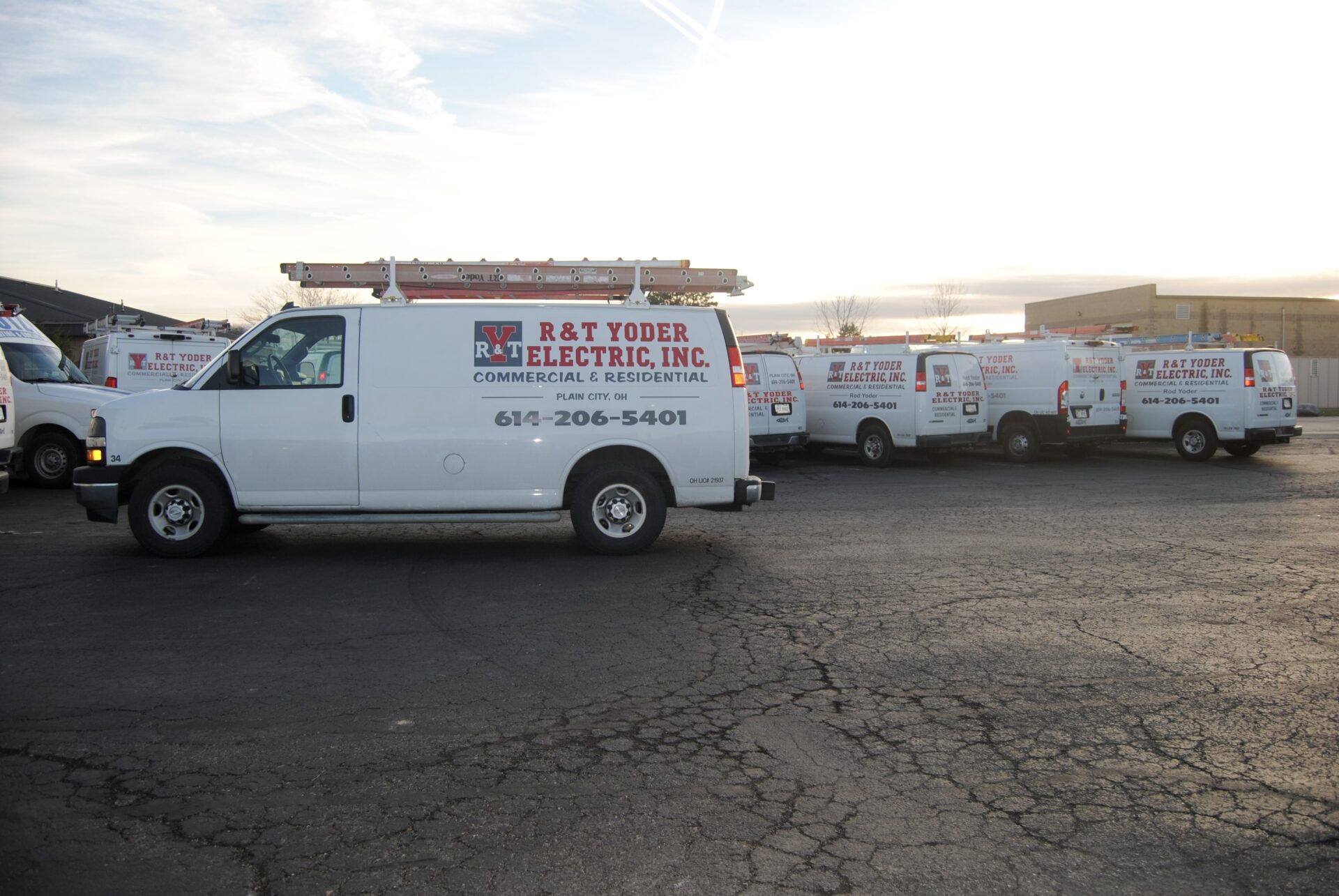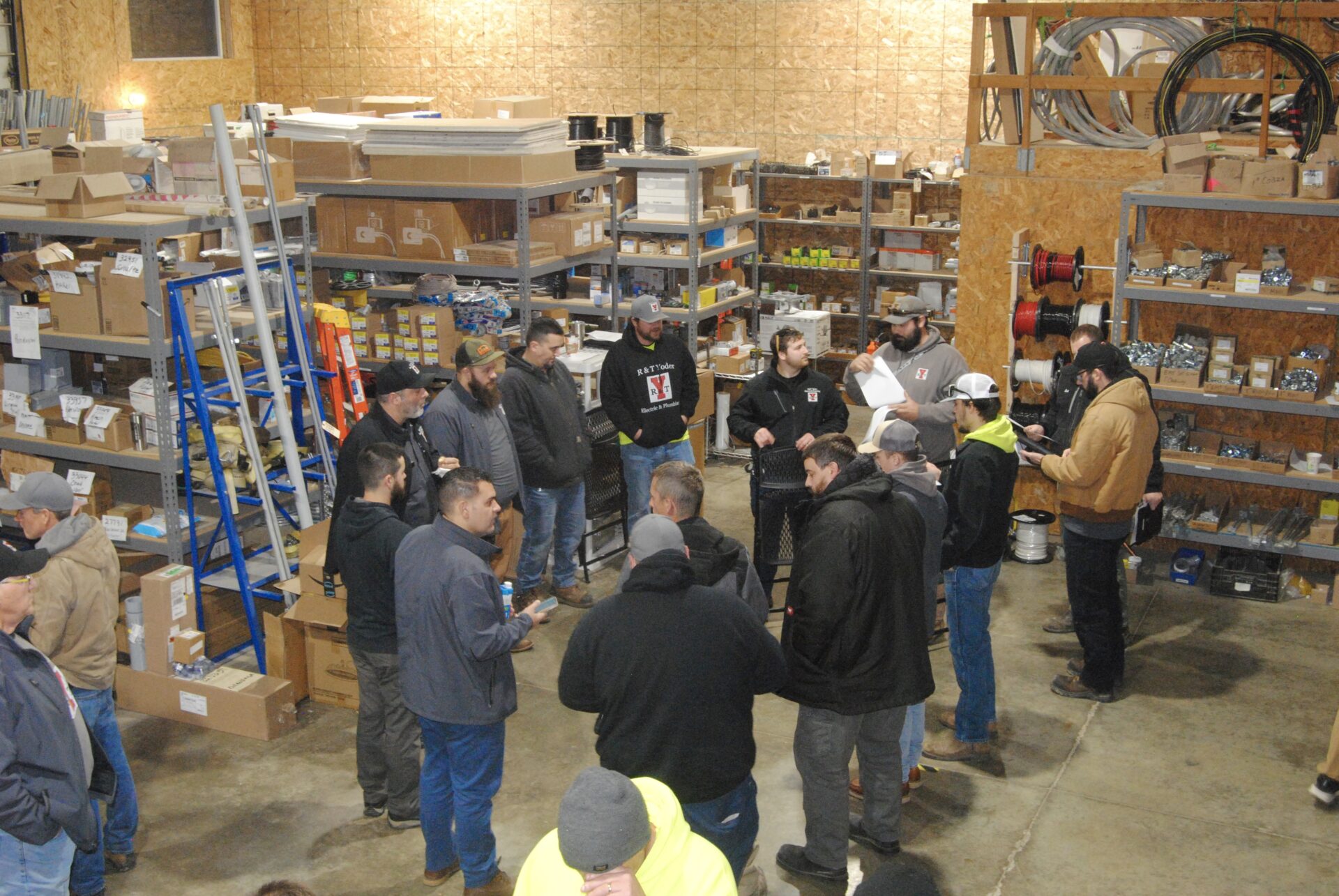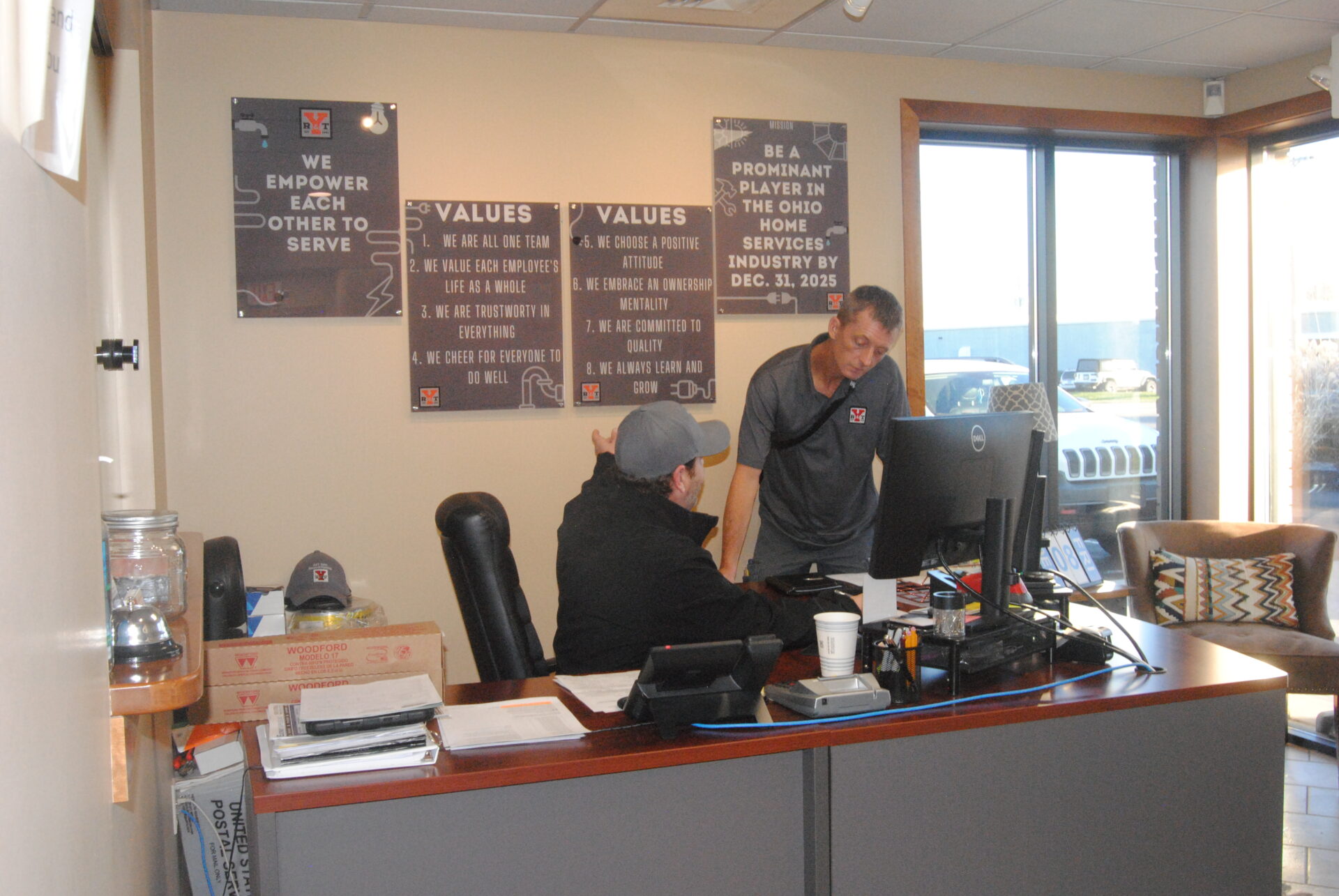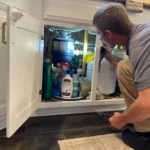Installing a new hot water heater is an exciting step towards ensuring a reliable hot water supply in your home. But after the installation, you might be left wondering, “How long does it take for a hot water heater to heat up after installation?” The wait for hot water can be filled with anticipation, especially if you’ve been without hot water during the installation process.
The time it takes to heat up your water heater depends on several factors, including the type of heater, its capacity, the power source, and the initial temperature of the water.
- Types of Hot Water Heaters and Their Heat-Up Times
Different types of water heaters operate with varying levels of efficiency and heat-up speeds. Here’s a breakdown of the most common types and how long each takes to heat up after installation
1.1 Electric Water Heater
Heat-Up Time: Approximately 60 to 90 minutes for a full tank.
Electric water heaters use heating elements submerged in the tank to heat the water. Because they rely on electricity, which tends to heat more slowly than gas, these units can take a bit longer to produce hot water. For example
- 40-gallon tank: Around 60 to 80 minutes.
- 50-gallon tank: Around 80 to 90 minutes.
Factors Affecting Time:
- Tank size: Larger tanks take longer to heat.
- Wattage of heating elements: Standard elements range between 3,000 to 5,500 watts. Higher wattage heats water faster.
- Initial water temperature: Colder incoming water will extend heat-up time.
1.2 Gas Water Heater
Heat-Up Time: Approximately 30 to 40 minutes for a full tank.
Gas water heaters heat water faster than electric models due to the powerful gas burners that rapidly heat the bottom of the tank. Typical heating times include
- 40-gallon tank: Around 30 minutes.
- 50-gallon tank: Around 40 minutes.
Factors Affecting Time:
- BTU rating: Higher BTU burners heat water more quickly.
- Ventilation efficiency: Proper venting ensures efficient combustion and heating.
- Initial water temperature: As with electric heaters, colder incoming water increases the time needed to heat up.
1.3 Tankless Water Heater
Heat-Up Time: Instantaneous for most models.
Tankless (on-demand) water heaters do not store water but instead heat it as it flows through the unit. When you turn on a hot water tap, the heating elements (electric or gas burners) rapidly heat the water.
Factors Affecting Time:
- Flow rate: The rate of water flow affects how quickly hot water reaches your tap.
- Distance from heater: Longer distances between the heater and the tap can cause slight delays.
- Fuel source: Gas tankless heaters tend to heat water faster than electric models.
1.4 Heat Pump Water Heater (Hybrid)
Heat-Up Time: Approximately 60 to 120 minutes for a full tank.
Heat pump water heaters work by extracting heat from the surrounding air and transferring it to the water. While highly efficient, they are slower at heating compared to traditional electric or gas heaters.
Factors Affecting Time:
- Ambient temperature: Colder ambient temperatures can slow down the heating process.
- Tank size: Larger tanks will take longer to heat.
2. Factors That Influence Heat-Up Times
Several factors affect how long it takes for a water heater to reach the desired temperature after installation. Understanding these factors can help you set realistic expectations and optimize your heater’s performance.
2.1 Tank Size
The larger the tank, the longer it takes to heat the water. Common tank sizes include
- 30 gallons: Suitable for small households (1-2 people).
- 40 gallons: Ideal for families of 2-3 people.
- 50 gallons: Suitable for families of 3-4 people.
- 80 gallons: For large households or homes with significant hot water needs.
2.2 Fuel Source
- Gas Heaters: Heat up faster due to the high intensity of gas burners.
- Electric Heaters: Heat more slowly since electric elements are less powerful than gas burners.
2.3 Initial Water Temperature
Water entering your home may vary in temperature depending on the season and region. In colder climates, the initial water temperature may be as low as 40°F, which takes longer to heat than warmer water entering at 60°F.
2.4 Thermostat Setting
Most water heaters have a thermostat to set the desired water temperature. The standard setting is around 120°F to 140°F. The higher the setting, the longer it will take to heat the water.
2.5 Installation Quality
Proper installation ensures optimal performance. Incorrect installation, such as faulty wiring, poor venting, or incorrect plumbing, can lead to longer heat-up times or inefficient heating.
2.6 Sediment Buildup
If sediment accumulates at the bottom of the tank, it can insulate the water from the heating element, causing longer heat-up times. This is more common in areas with hard water.
3. How to Speed Up the Heating Process
If you’re eager to get hot water faster after installing a new heater, here are some practical tips
3.1 Set the Thermostat Appropriately
- For faster heating, set the thermostat to 140°F initially, then reduce it to 120°F for long-term efficiency and safety.
3.2 Insulate the Tank and Pipes
- Adding insulation to the tank and hot water pipes can minimize heat loss and improve efficiency.
3.3 Flush the Tank Regularly
- Prevent sediment buildup by flushing the tank at least once a year. This helps maintain efficiency and reduces heating time.
3.4 Check the Heating Elements
- Ensure that electric heating elements are functioning properly. A faulty element can significantly slow down heating times.
3.5 Ensure Proper Venting
- For gas water heaters, proper ventilation ensures efficient combustion and faster heating.
3.6 Use a Recirculation System
- Installing a hot water recirculation pump reduces the time it takes for hot water to reach your faucets by keeping hot water circulating through the pipes.
4. Troubleshooting Delays in Heating
If your water heater is taking longer than expected to heat up after installation, here are some troubleshooting steps
4.1 Check the Power Supply
- Ensure that the power supply is connected and the circuit breaker is not tripped (for electric heaters).
4.2 Verify the Gas Supply
- Make sure the gas valve is open and the pilot light is lit (for gas heaters).
4.3 Inspect the Thermostat
- Confirm that the thermostat is set to the correct temperature.
4.4 Look for Sediment Buildup
- Drain and flush the tank to remove any sediment that might be hindering performance.
4.5 Call a Professional
- If you’re unable to resolve the issue, a licensed plumber can diagnose and fix potential installation or performance problems.
So, how long does it take a hot water heater to heat up after installation? The answer depends on the type of heater, tank size, fuel source, and other influencing factors.
- Electric Water Heaters: 60-90 minutes
- Gas Water Heaters: 30-40 minutes
- Tankless Water Heaters: Instantaneous
- Heat Pump Water Heaters: 60-120 minutes
Understanding these timeframes and the factors involved can help you manage expectations and optimize your heater’s performance. Whether you’ve installed a new heater or are troubleshooting delays, following the tips provided can ensure a steady supply of hot water for your home.

